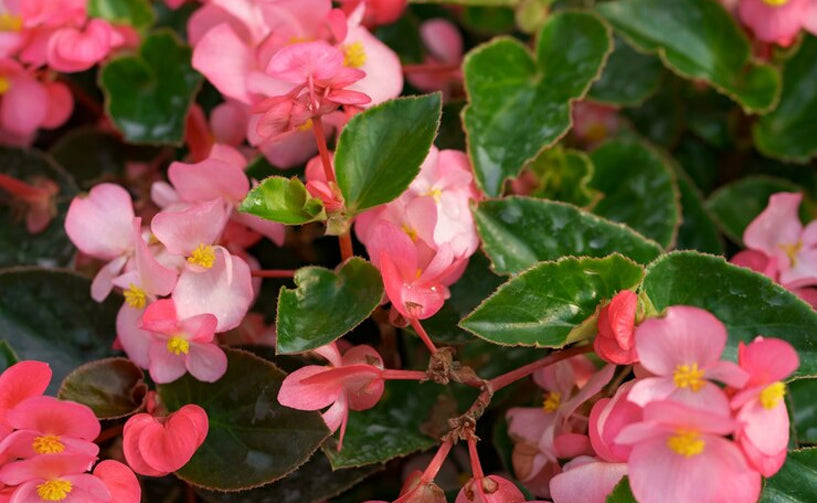Pasanabheda aka Bergenia Ligulata is a plant from the family Saxifragaceae. This plant is usually found in the foothills of Himalaya from Kashmir to Bhutan. In India, it is mainly found in Northeast Garhwal Himalayas. This part lies in the towns of Chamoli, Uttarkashi, Pauri, Dehradun and Tehri.
It is a small perennial herb and stays ready for use all through the year. The leaves of this plant come in different sizes and are almost 2-12 inches long and 1-6 inches wide.
This plant can even grow and sustain in stones. It has the tendency to break the stone and grow through it. The name Pasanabheda comes from pasan meaning stones and bheda meaning breaking down. Some other names of Pasanabheda are Pakhanbheda, Patharkuchi and patharchoor. In Nepal, it is popularly called Pakhanbadha, whereas in Japan it is known as Yukinoshita. In the Unani system of medicine, it is called Mukha.
All these names reflect the true nature of this herb i.e. breaking down of stones. This clearly suggests its role in destroying renal stones.
This herb’s rhizome is enriched with alkaloids, carbohydrates, bergenin, starch, glucose, tannis, beta-sitosterol and C-glycoside. It also contains a compound, afzelechin.
In Ayurveda, it finds a place due to its anti-inflammatory, analgesic, anti-fungal, anti-bacterial, cardioprotective and diuretic properties. It typically helps in the balance of all the doshas. These days it is commercially used for the preparation of medicines for treating renal problems.
Benefits of Pasanabheda
-
Cleanses Urinary Bladder: It helps in reducing urine retention. Through this, it effectively cleans the urinary bladder. It also helps in dissolving renal stones. Such cleansing prevents the occurrence of renal infections.
-
Acts as an Effective Diuretic: This plant has amazing diuretic properties and acts as an effective diuretic drug. It increases the rate of urine flow and helps in excreting excessive sodium from the body. Pasanabheda also helps in regulation of blood pressure and heart problems.
-
Treats Wounds: The leaves and rhizomes of pasanabheda are known for the treatment of wounds. It was traditionally used very specifically to heal old wounds. It was even applied to cuts and wounds to get relief.
-
Anti-Bacterial Effect: Pasanabheda has strong anti-bacterial properties that make it effective against microorganisms like salmonella typhii, Escherichia coli etc. This effect prevents many bacterial infections and keeps the body healthy.
-
Piles Treatment: The healing property of pasanabheda makes it useful for the treatment of piles. It helps in stopping bleeding and reducing pain.
-
Relief from Gastrointestinal Issues: Gastric problems including bloating, acidity, swelling and ulcers can be managed with regular use of this herb.
-
Asthma: Rhizome of berginia is useful in the treatment of asthma. It acts as a natural remedy for asthmatic patients.
- Anti-Pyretic Activity: Rhizome of this unique herb can be used for protection against yeast-induced fever. It gives great relief from pain and fever. It even works against pain caused by renal stones and renal infections.






